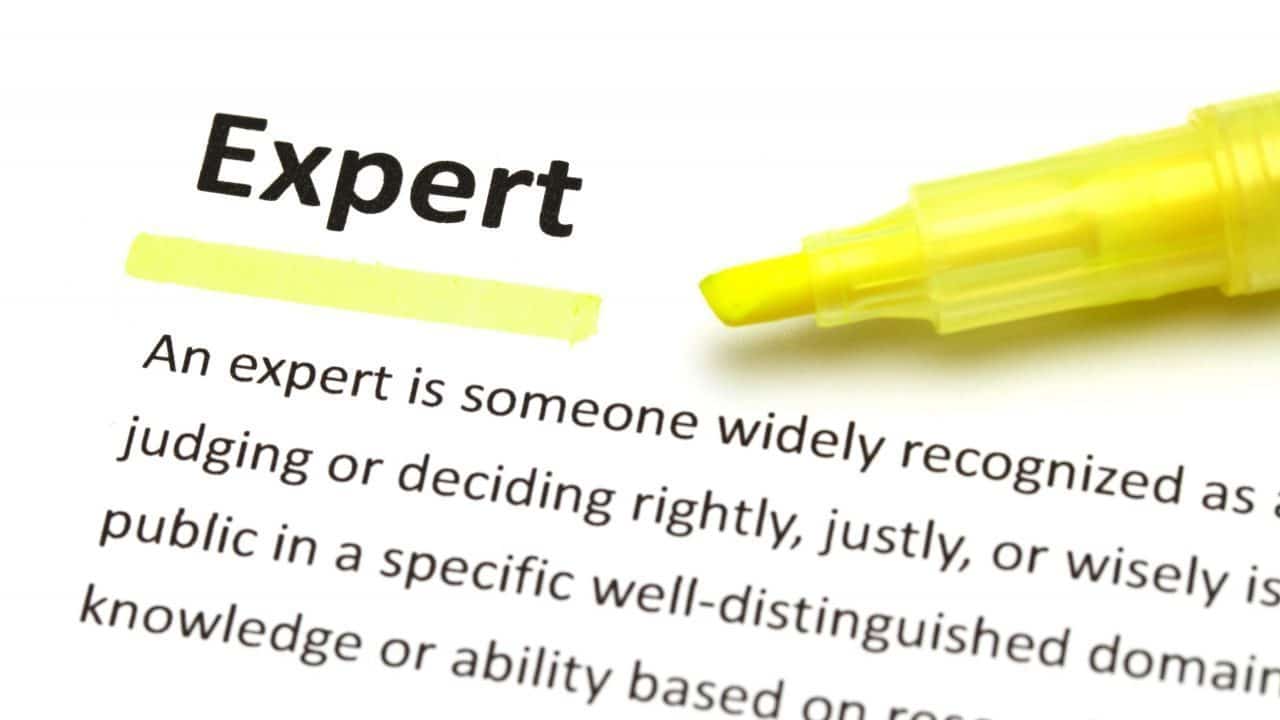Introduction
In today's competitive job market, the shift from classroom finding out to real-world application is more essential than ever. Trainees and professionals alike are seeking methods to translate their work experiences into scholastic credits. This short article checks out the complex procedure of evaluating work experience for education credit, highlighting its significance in individual and professional development.
As we explore this topic, we will discuss different aspects of academic credential assessment, worldwide credential examination services, course-by-course credential examination, and how they relate to work experience examination. Additionally, we'll check out professional viewpoint letters and business plan evaluations as part of this diverse journey.
From Class to Profession: Assessing Work Experience for Education Credit
The bridge in between class education and profession success frequently includes acknowledging the worth of useful experience. Numerous trainees accumulate substantial work experience during internships or part-time jobs that might not be formally recognized by universities. However how can one make sure that these experiences count towards their scholastic credentials?
Why Evaluate Work Experience?
Evaluating work experience is important for several factors:
Recognition of Skills: It verifies the skills gotten through hands-on experiences. Enhanced Employability: Companies progressively look for prospects with practical understanding along with formal education. Personal Growth: Recommendation of previous experiences increases confidence and encourages lifelong learning.Types of Credential Evaluation
Understanding the various kinds of credential assessments offered can help people browse this procedure effectively.
Academic Credential Evaluation
Academic credential assessment assesses foreign academic certifications versus developed requirements in another nation. This procedure is crucial for global trainees or employees intending to prove their educational background.
International Credential Examination Services
These services concentrate on examining foreign credentials and determining their equivalency in the host country's instructional system. They supply reports that outline the level and type of education got abroad.
Course-by-Course Credential Evaluation
This detailed analysis breaks down each course taken throughout a degree program, providing insights into grades earned and credit hours completed. It's especially useful for students aiming to move credits in between institutions.
Work Experience Evaluation
Work experience examination functions as an approach to formally assess non-academic abilities gotten through employment or volunteer activities. Here's how it works:
Documentation: Individuals must gather documentation such as job descriptions, efficiency reviews, and any relevant certifications. Comparative Analysis: The critic compares this information versus established academic competencies. Outcome: The outcome may result in scholastic credits awarded based upon demonstrated knowledge and skills.The Role of Expert Opinion Letters
An expert viewpoint letter can bolster your case when seeking credit for work experience. These letters usually originate from industry professionals who can vouch for your abilities and contributions in a particular field.
What Ought to a Specialist Opinion Letter Include?
- An introduction of your function in the organization Specific skills you developed How your experiences relate to academic outcomes
Having a professional back your capabilities not just provides reliability but likewise boosts your total portfolio when requesting innovative studies or positions.
Business Plan Examination as a Knowing Tool
Creating a service strategy can be an outstanding way to display your understanding of theoretical principles applied in real-world scenarios. An extensive evaluation of a business plan may highlight proficiencies such as strategic thinking, monetary preparation, and market analysis.
FAQs
1. What types of work experiences receive academic credit?
Typically, work experiences that directly connect to your discipline or show transferable abilities are eligible for scholastic credit.
2. How do I find global credential examination services?
You can browse online directory sites or seek advice from universities that often have collaborations with reputable credential evaluators.


3. Exists a fee associated with obtaining an expert opinion letter?
Yes, lots of specialists charge for their time invested writing these letters; however, some might use them pro bono depending upon the situation.
4. Can I receive credit for unpaid internships?
Absolutely! Unpaid internships often provide invaluable experience and can be examined similarly to paid positions.
5. For how long does the credential assessment process take?
The https://rylanoftw153.theburnward.com/change-your-work-experience-into-international-opportunities-an-assessment-guide timeline differs based on the service used however usually varies from a couple of weeks to a number of months.

6. Exist specific documents required for course-by-course evaluations?
Yes, you will require records from all post-secondary institutions participated in, in addition to comprehensive course descriptions when possible.
Conclusion
Transitioning from classroom understanding to career preparedness requires acknowledging the significance of useful work experiences in education credit examinations. As we have explored in "From Classroom to Career: Assessing Work Experience for Education Credit," both trainees and specialists stand to get considerably by leveraging their real-world experiences towards their academic goals.
By making use of numerous kinds of evaluations-- be it through scholastic credential evaluations or professional viewpoint letters-- individuals can improve their certifications while promoting long-lasting knowing principles that adhere closely to today's vibrant labor force demands.
In summary, accepting both theoretical understanding from class along with experiential knowing acquired through expert engagements develops well-rounded prospects ready to deal with the difficulties ahead in their careers.